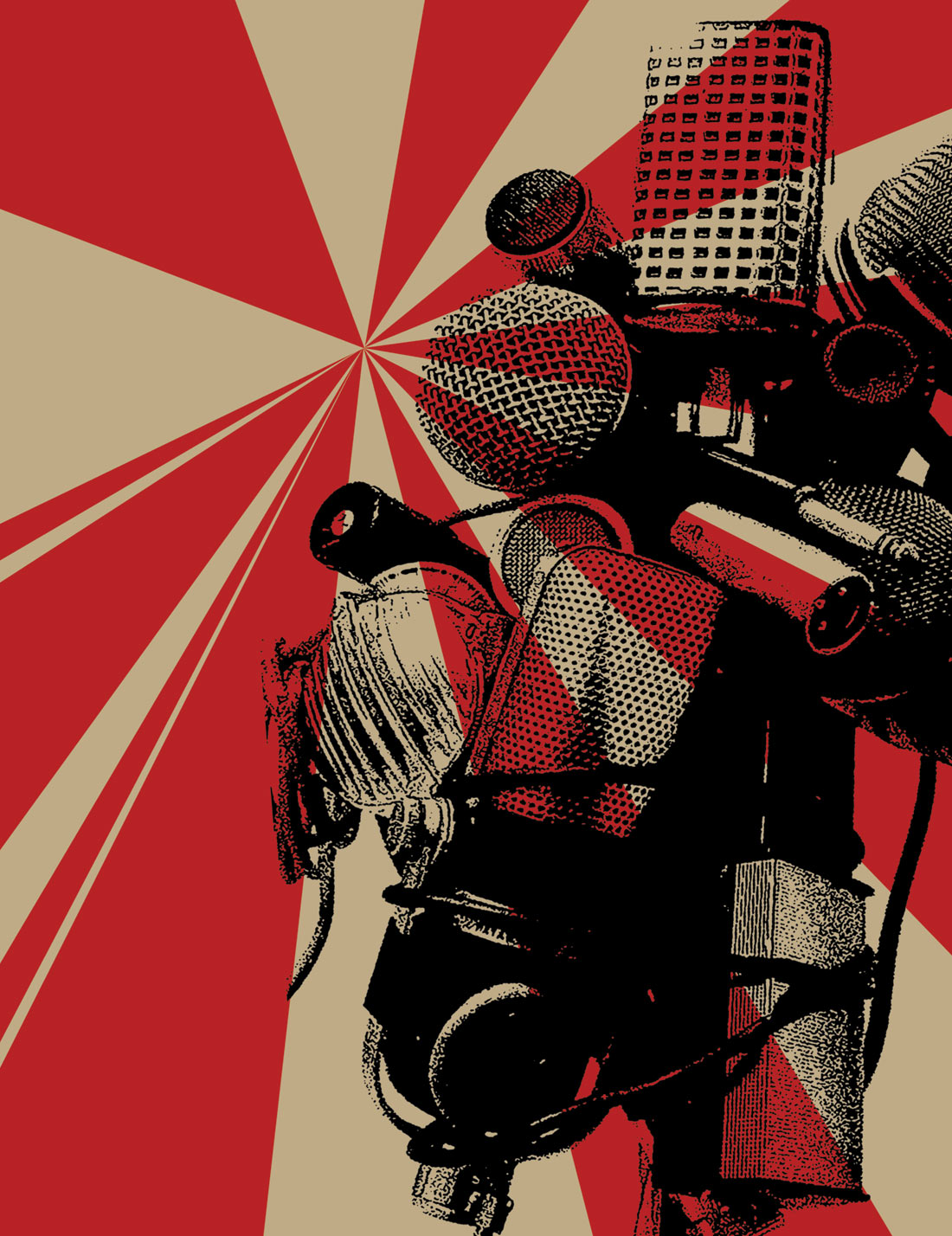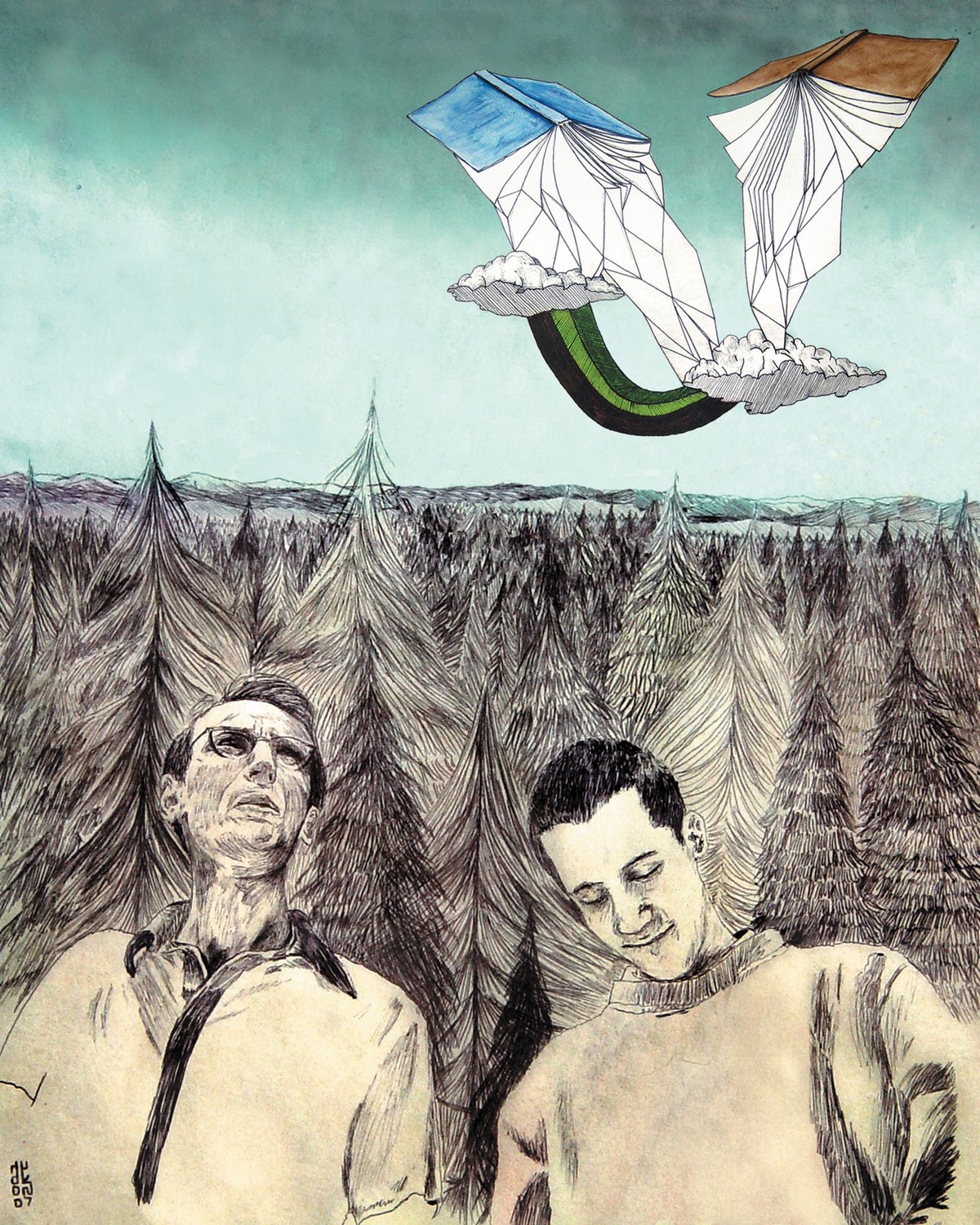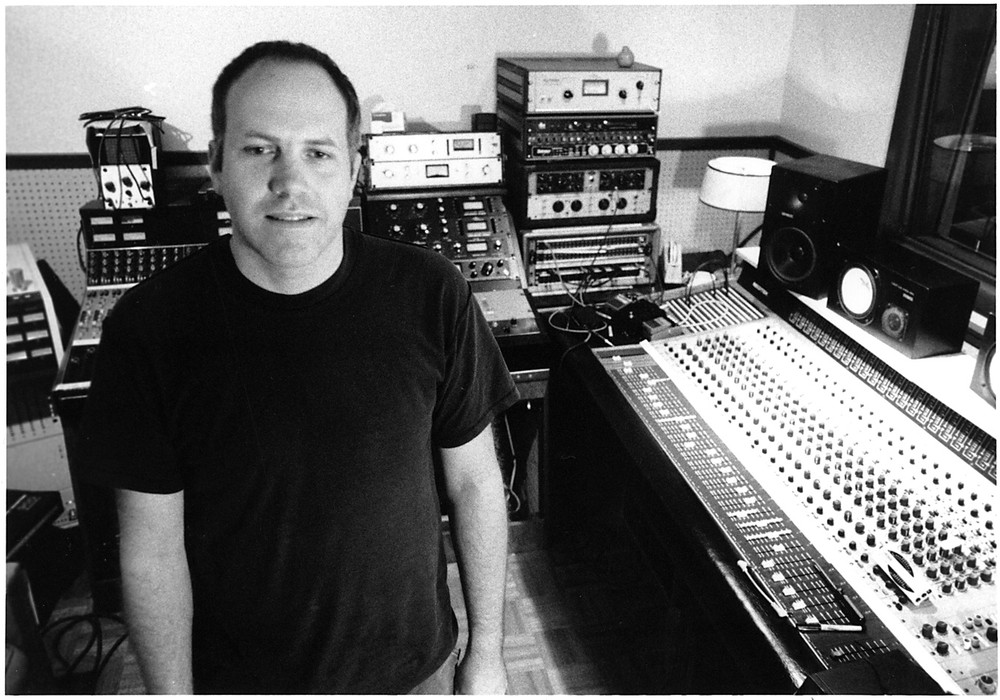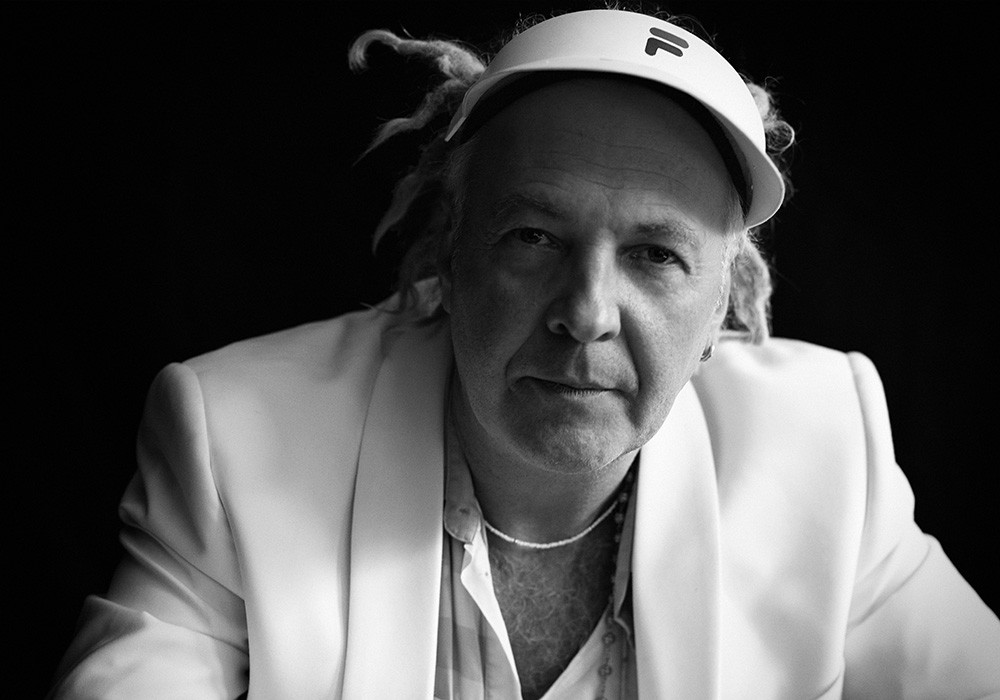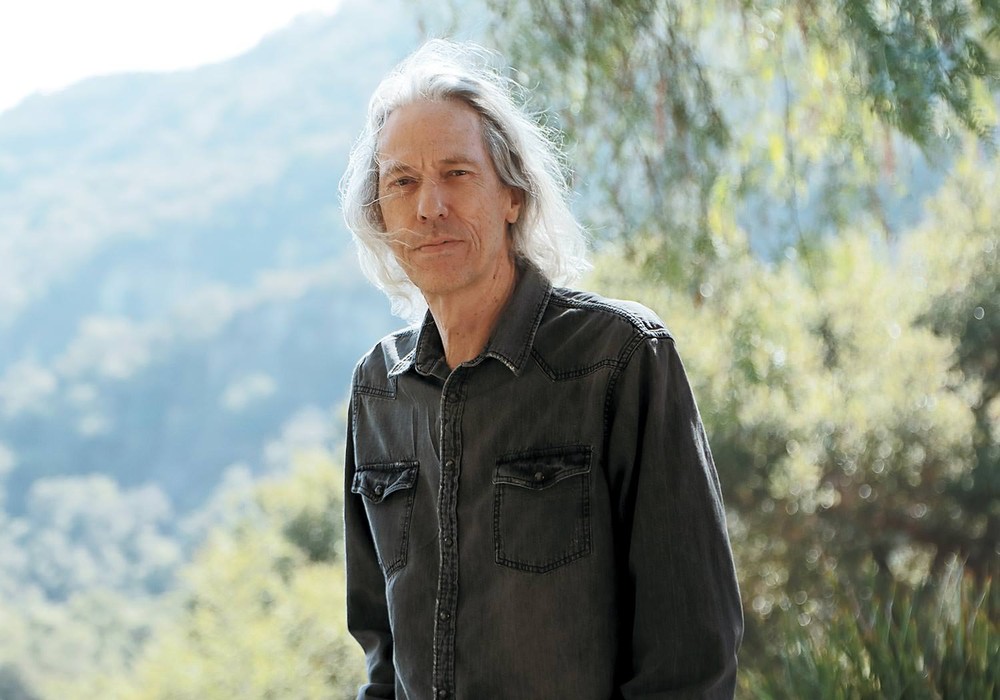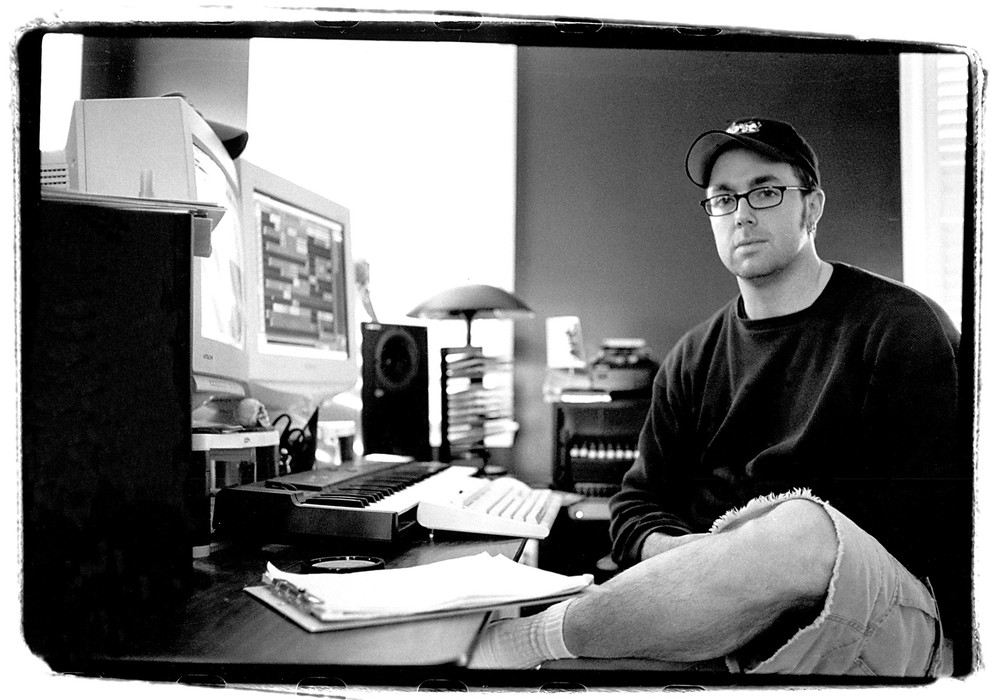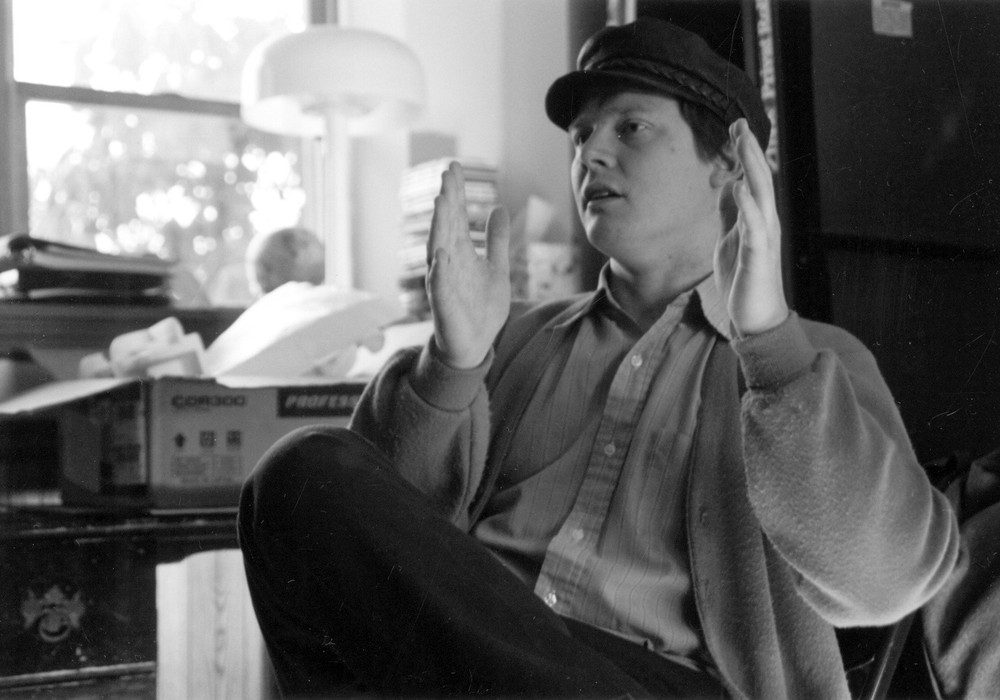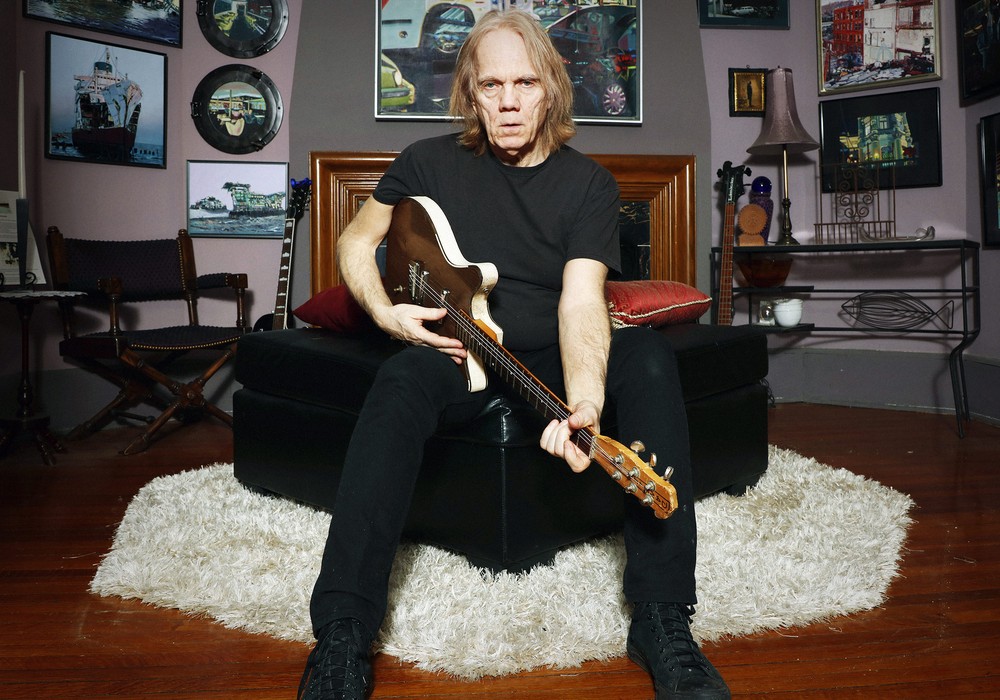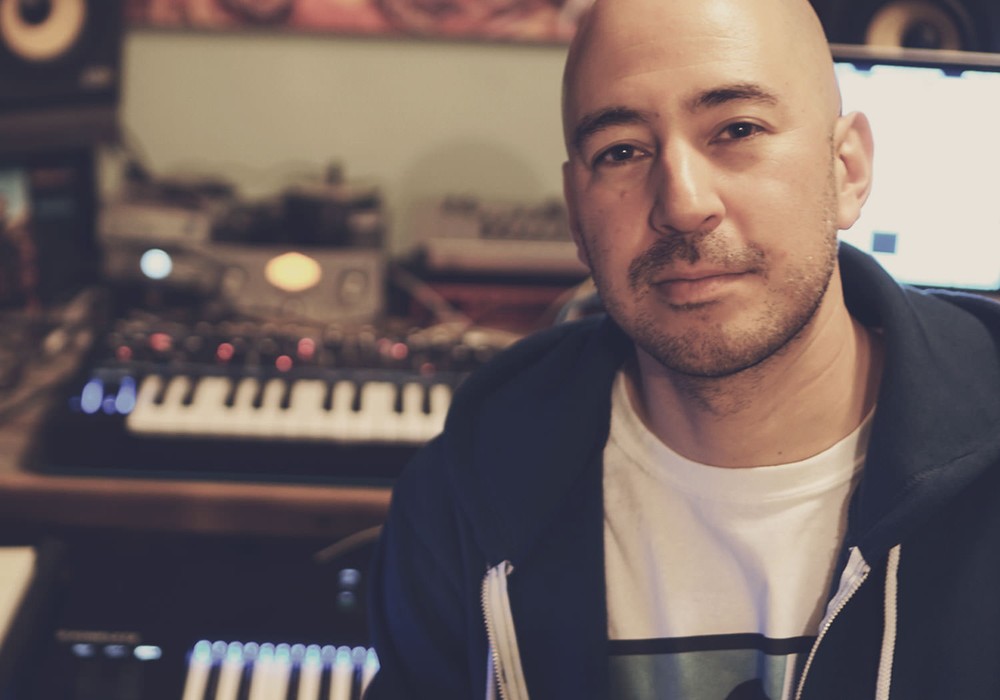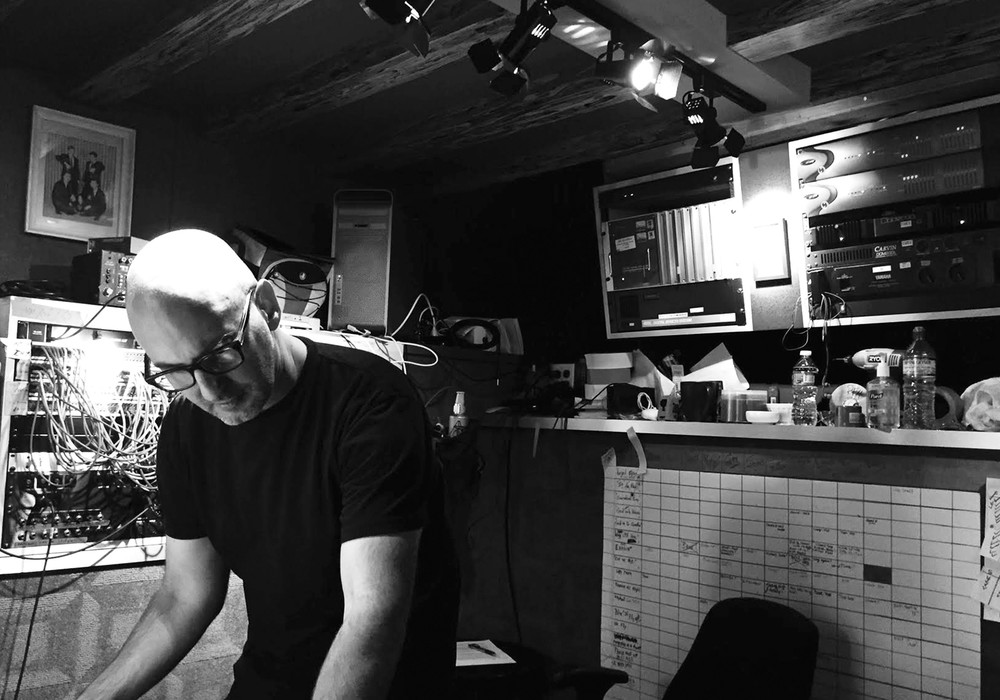The Books don't record like most of us. On a cheap PC with next-to-free software, Nick Zammuto and Paul de Jong make sounds that are basically unaltered, yet sound foreign. They select from a huge variety of sources — VHS tapes from thrift stores, found sound, DAT recorders lent to friends that come back with god-knows-what on them and more. Then they edit, edit, edit, and through this work they nail the essence of the song. Their emphasis is on composition — what story is the song telling? The Books forge powerful, distilled themes into music that launches into your ears and hits your heart like nicotine. When I first heard The Books, I was immediately struck by Nick and Paul's complete lack of pretension. The Books are not trying to prove how clever they are. What a relief.
How do you get so much love to tape?
P: We don't use tape — it's hard drives, actually. N: By protecting our high end — between 5 and 20 kHz. No cymbals. That opens up the love. P: Be good to your ears. N: It's a sensational quality that we are looking for. It always involves something totally human — sounds that meet you halfway, not in your face, but they don't recede into the background, either. They are there to be played with. We put together a body of sounds that all have a quality. It's like cooking — if you have good ingredients, you can't go wrong. There are those things that you can listen to over and over and still love the millionth time you've heard them. That's the kind of thing we're looking for — the perfect hook — but hopefully not that annoying.
How do you feel about the Lost And Safe reviews? Many said the same thing — that you were writing more conventionally.
N: I don't get that at all. It's a complete misinterpretation of that record. The idea that it's conventional or pandering to an audience is just ridiculous to me. That's never how I thought about it.
They needed to have something to hang their hat on and they all read each other's work. They seized upon your singing, Paul.
N: That's exactly what happened. That's why I stopped reading criticism in general. It's not helpful to me anymore. We're looking for a kind of integrity in the compositional process and you know, the voice is the most powerful sound that we have because it is so rich in every possible way. It tells you about identity, it tells you about gender, the intellectual world and the purely physical sound world.
I can tell if someone is clenching their ass by how their voice sounds.
N: Yeah. You really can tell. It's nice to have that kind of directness. Having said that, our interest in the voice is not to tell our story, it's to tell a human story, a more universal kind of story. So the fact that it's my voice [on Lost And Safe] is completely arbitrary to me. If I could get somebody else to sing I would. We've been coming across a lot of texts — from ancient Buddhist texts to opening up the newspaper — as well as found sounds. Videos now are also a big part of what we do. Automatic lyrics wherever you go. We are always listening with ears that are trying to remove pretensions — our own preconception of what it is — to hear it for what it actually is in that instant. We look for those things that will allow a re-contextualization that brings a higher level of meaning to it. It's an old style of working. The Zen masters had the whole idea of giving people these absurd problems to work on in order to undo their rational minds to the degree that they're open in a subconscious way to reality. I think that's a wonderful technique and music is really good at doing that.
Where do you two believe you fit in the world of music?
P: I don't see much of a music world at all!
N: That's a good answer! I think our sample collection by now sort of tells the story of our own aesthetic. We are just not concerned with the mainstream and we never have [been]. Of course I grew up listening to '70s rock music — everything from Aerosmith to Billy Joel.
P: I think there is some kind of devotion to music that is entirely unpretentious that runs through almost the entire history of music as we know it. Bach for instance — it's complete honesty. I believe he had very little interest in putting his ego into his music. Pure devotion.
What did they call it before it was "classical"?
N: Church music.
P: They certainly didn't call it "baroque."
N: It was always in the context of religion.
I believe the reason we first made fake reverb was to make it seem like the music was in a...
The rest of this article is only available with a Basic or Premium subscription, or by purchasing back issue #63. For an upcoming year's free subscription, and our current issue on PDF...
Or Learn More
